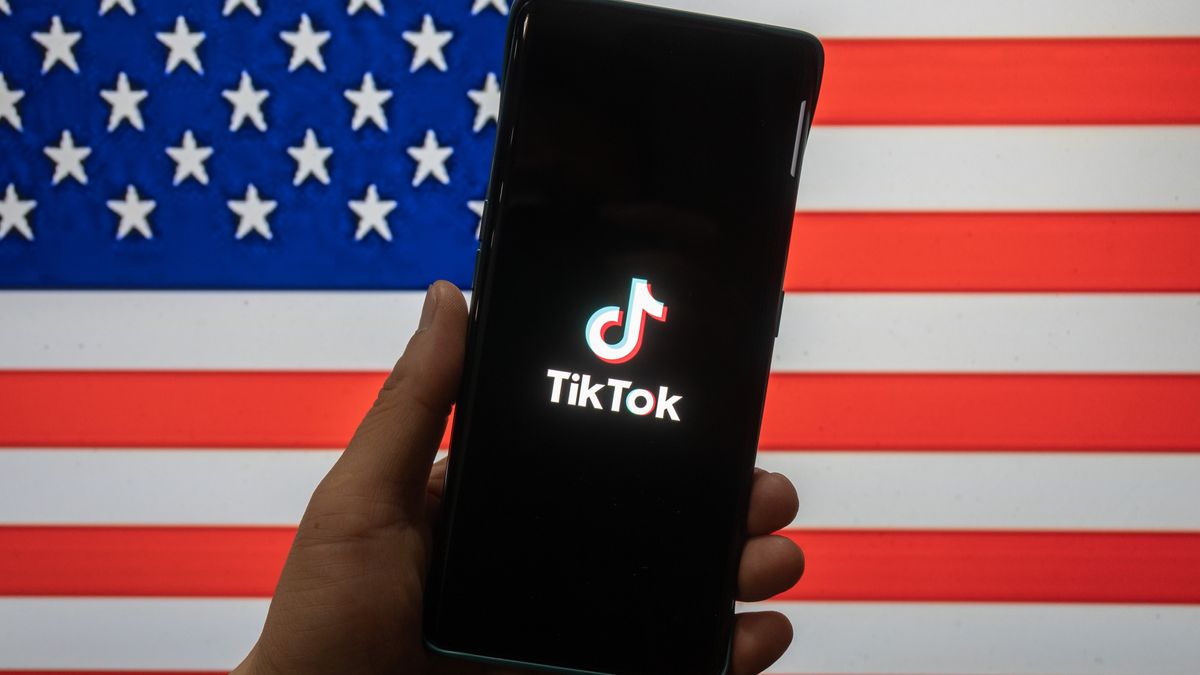In a court filing last month, Google argued that it needed its privacy in an antitrust trial that would spotlight its dominance in online search.
“Once commercially sensitive information is disclosed in open court, the resulting harm to the party’s competitive standing cannot be undone,” the internet giant wrote to the judge presiding over the case.
It was part of a pattern of Google’s pushing to limit transparency in the federal government’s first monopoly trial of the modern internet era. Before opening statements began on Sept. 12, Google filed 35 motions and responses in the case — nearly two-thirds of them sealed, according to a tally by The New York Times.
Now as the case, U.S. et al. v. Google, enters its third week in court, it is shaping up to be perhaps the most secretive antitrust trial of the last few decades. Not only has Google argued for the landmark trial to be largely closed off to the public, but so have other companies that are involved, such as Apple and Microsoft. Apple even fought to quash subpoenas, describing them as “unduly burdensome,” to get its executives out of giving testimony.
The upshot is that last week, more than half of the testimony in the trial was given behind closed doors, according to one analysis. When one witness, the chief executive of the search engine DuckDuckGo, testified on Thursday, he spoke on the stand for nearly five hours — of which just one hour was open to the public. At the judge’s request, the Justice Department, which is one of the plaintiffs, has also removed its presentations and evidence from the open web.
The lack of transparency may continue this week when a top Apple executive, Eddy Cue, is slated to testify as soon as Tuesday about a crucial search agreement that Apple struck with Google. The federal government has accused Google of illegally using agreements with companies like Apple to maintain its monopoly in online search and to crush rivals.
Late Monday, Apple petitioned the court to have Mr. Cue’s testimony on the details of its Google agreement take place behind closed doors because it was concerned the Justice Department’s lawyer could “blurt out” confidential information. Questioning Mr. Cue in open court posed “a substantial risk” of revealing Apple’s business relationships and negotiations, the company’s lawyers wrote.
“The secrecy surrounding the proceedings is unprecedented in antitrust trials,” Diane Rulke, an organizational behavior professor at Carnegie Mellon, said in an interview. Four other antitrust experts interviewed by The Times also described the proceedings as unusually opaque, adding that the government’s antitrust case against Microsoft more than 24 years ago was far more accessible to the public and the press.
Google and the Justice Department declined to comment. Apple did not respond to a request for comment.
The secrecy has angered legal and antitrust experts. In addition, Digital Context Next, a trade group and Google critic that represents the business interests of media companies including The Times, filed a court motion to make testimony from witnesses public and to provide access to trial exhibits and emails. The judge, Amit P. Mehta of U.S. District Court for the District of Columbia, has not responded to the motion, according to the trade group’s head, Jason Kint.
Randal C. Picker, a law professor at the University of Chicago, said in an interview that the public should be able to monitor and scrutinize arguments from the case in real time, to hold the parties accountable.
“The public should be looking at this — staring at Google and staring at D.O.J.,” he said. “These are both very powerful actors here.”
But opening up the trial appears unlikely. Judge Mehta said in a pretrial hearing last month that he was not a businessperson and indicated that he was amenable to companies’ arguments that they needed to protect the details of their businesses.
“I am not anyone that understands the industry and the markets in the way that you do,” Judge Mehta said. “And so I take seriously when companies are telling me that if this gets disclosed, it’s going to cause competitive harm.”
The efforts to cloak the information in the case have been longstanding.
Since the case was filed in October 2020, Google and others have argued that the court should keep financial transactions, business relationships and internal affairs out of public view, driven by a desire to avoid embarrassing disclosures and competitive corporate secrets. Google’s partners like Samsung, and rivals such as DuckDuckGo, have also sought to shield some of their documents and executives’ testimony from the public.
In one legal filing, Microsoft asked the court to consult it on confidentiality throughout the trial.
The right of public access “is not absolute,” Microsoft wrote to the court. The company added that the disclosure of “its business strategies, internal deliberations and negotiations” would harm it.
Microsoft declined to comment.
The closed-door nature of the trial was on full display on Thursday when the Justice Department called John Giannandrea, a senior executive at Apple and a former head of search at Google, to testify on the importance of scale for search engines and his guidance on Apple’s search efforts.
Even before Mr. Giannandrea began answering questions, the Justice Department’s lead litigator, Kenneth Dintzer, said Apple had expressed a strong preference for the testimony to be in closed session on nearly every topic. Then less than 15 minutes after Mr. Giannandrea took the stand, Judge Mehta called an end to the day.
The Apple executive returned to the stand on Friday morning, which started in closed session. More than four hours later, Mr. Giannandrea left the courtroom with lawyers for Apple without the proceedings being opened.
Matt Stoller, the research director of the American Economic Liberties Project, an antimonopoly think tank, said the secrecy “undercuts the legitimacy of our legal system.” His group tried and failed to persuade the court to open a teleconference line for the trial.
Tim Wu, a law professor at Columbia University who worked on antitrust policies in the Biden administration and who has contributed opinion essays to The Times, said government lawyers sometimes agreed to seal information to speed a case along.
“These things are warfare,” he said. “You want to get the information, and you don’t internalize the cost to the public or reporters.”
But Mr. Wu noted that there was an inherent irony in Google’s push to limit disclosure.
“It’s ironic for a company to suck up all our information and know everything about us and we can’t know a damn thing about them,” he said. “We deserve a better look at them.”
David McCabe contributed reporting.





